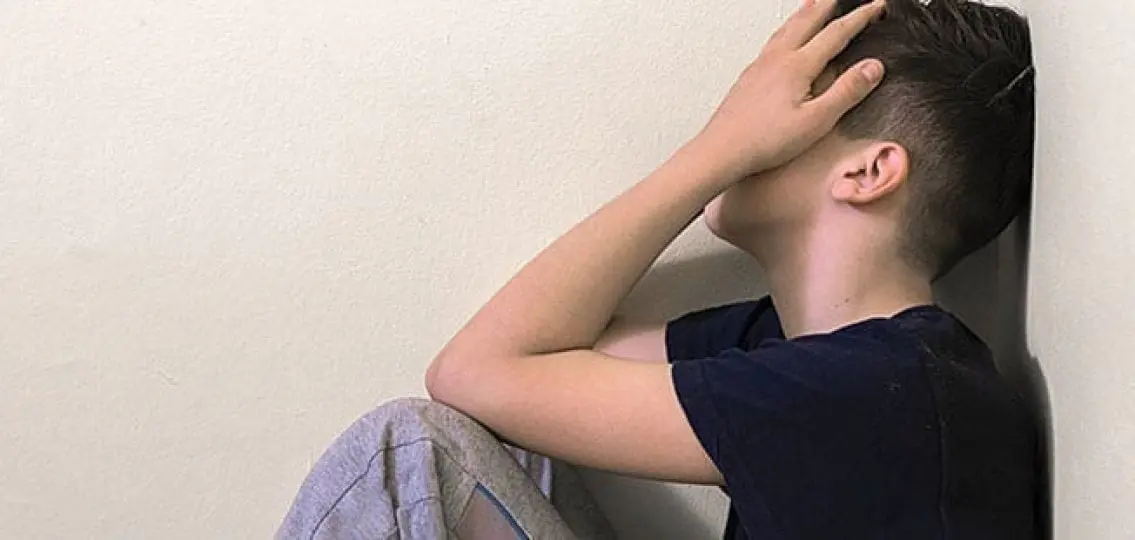Marc Milstein, brain health researcher, makes a case that stress is deeply embedded in our existence as humans. “Anxiety is meant to be something that alerts us that we have to act or be aware. Our ancestors – the ones that worried – survived. It’s deeply embedded in our genes to worry about the next worry,” Milstein explains in his conversation about managing anxiety.

If there were one myth about anxiety that he would like to dispel, it’s the desire to suppress it. If only our teenagers could “think of anxiety as energy, something that is telling your brain to take action. But if we can accept and embrace anxiety rather than push it away, then we can figure out little things that can make a big difference.”
Milstein offers some simple, science-based tips for managing anxiety.
Tips for Managing Anxiety:
1. Stay in the moment
Pets are a positive distraction that help in managing anxiety. They put us in the present moment. We have to attend to their needs or be in that moment of playing with them. A lot of our anxiety comes from thinking about the past or thinking about the future. Studies show that if we can get ourselves in the present moment and do something that we really enjoy, anxiety and stress levels drop. So a pet is just one example of what we can do in the moment. You could also take a walk, play the guitar, or shoot some baskets. The key is to find something tangible you can do that will put you in the present moment in an enjoyable way.
2. Sleep regularly and soundly
A good night’s sleep is another key to managing anxiety. In the hour before bed, write down with pen and paper anything that you’re worried or stressed about as well as what’s on your to do list. If you get it on paper, your brain throws it away. Look at the paper and tell yourself that the information is stored somewhere safely and that you’ll deal with it in the morning. Basically, it’s a way to offload the anxiety that you feel before bed, and studies show that it works.
In the morning, rather than lie in bed looking at your phone, studies suggest that getting outside 5-10 minutes after we wake up to get that morning light is helpful. We get a cortisol surge to get ready and excited about the day, but if we are looking at our phone, that can be stressful and we get up and feel tired and draggy.
3. Schedule time for anxiety.
Having a sense of control is another way to manage anxiety. It may sound crazy, but tell yourself that at 4:00 today, I’m going to worry and have a full-blown anxious moment. I’m going to set a timer and when it’s over, I’m going to move and and wait until the next time I have it on the calendar. It’s important to have boundaries and put a timer on it.
These ideas have been studied and proven to be successful for managing anxiety. In order to persuade your teenager to use any or all of these stress busters, Milstein suggests that parents ask them to give it a try for a couple days and see if it makes a difference. If that doesn’t work, “I always like to point out heroes. ‘Lebron James prioritizes sleep and says it’s the secret to success.’ Frame it to say that someone that they admire does it.”
Watch complete interview with Marc Milstein for more tips.





